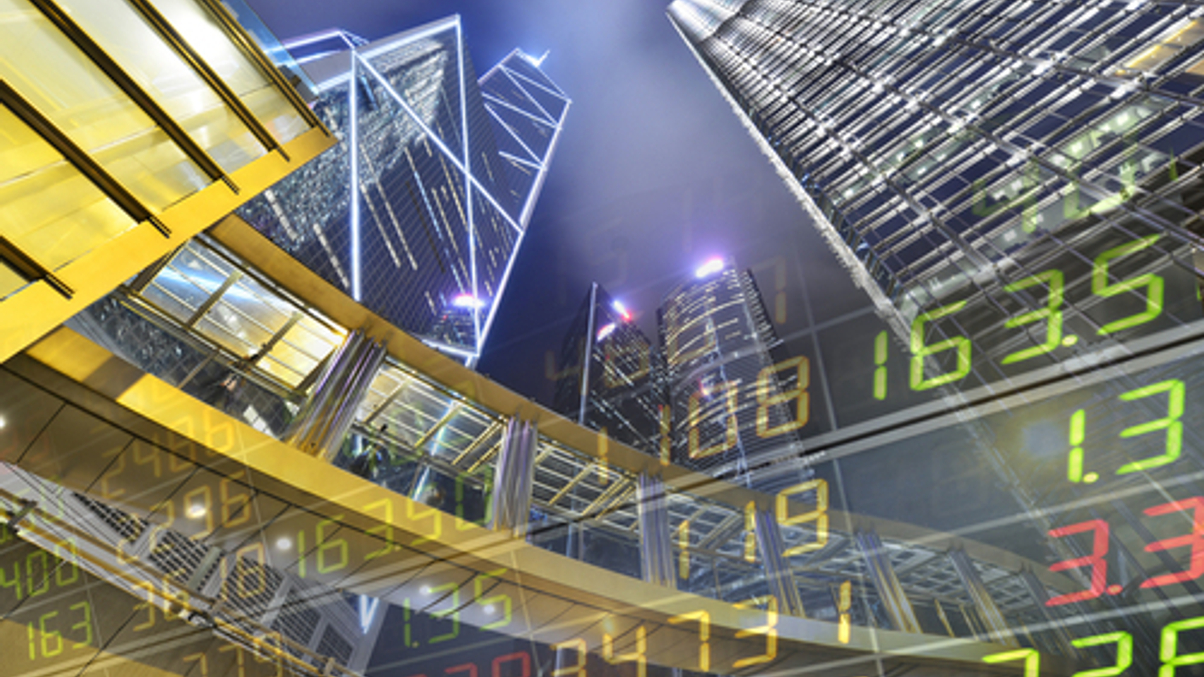Market Views: Is the HKD on a long-term downward trend?
The HKMA has had to buy HKD this month to defend the currency's trading band. We asked three buyside experts what this means and how it’s impacting their investment strategies.

On April 12, the Hong Kong dollar fell to HK$7.85 against the US dollar for the first time since the Hong Kong Monetary Authority (HKMA) set the currency's current trading band in 2005.
Sign in to read on!
Registered users get 2 free articles in 30 days.
Subscribers have full unlimited access to AsianInvestor
Not signed up? New users get 2 free articles per month, plus a 7-day unlimited free trial.
¬ Haymarket Media Limited. All rights reserved.


